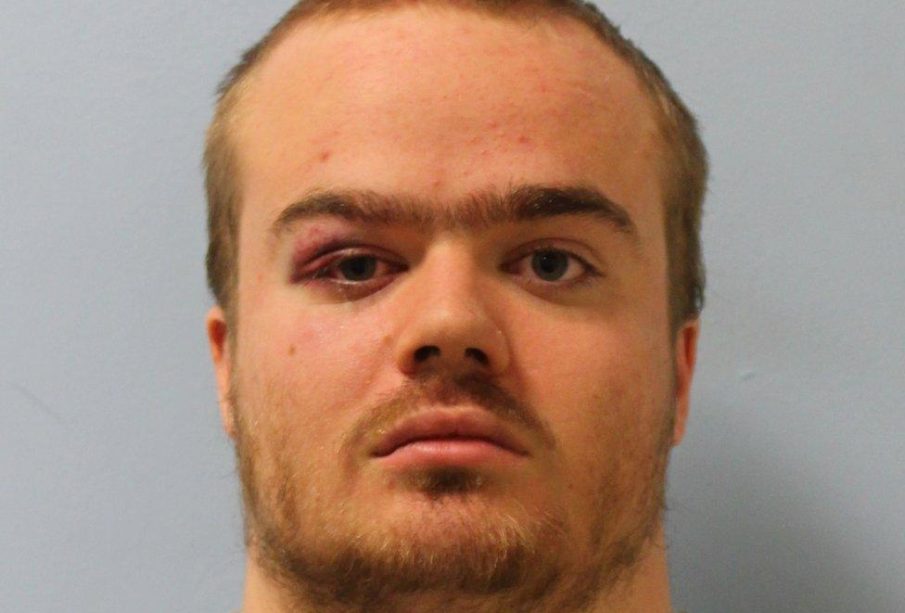Jonty Bravery’s Sentencing: A Look at the Incident’s Impact

Introduction
The recent sentencing of Jonty Bravery has drawn significant media attention, highlighting issues of mental health and public safety. In a shocking incident that occurred in August 2020, Bravery, then 17, pushed a teenage boy from the viewing platform of the Tate Modern art gallery in London. This case raises critical questions about the responsibility of individuals with mental illnesses within society and the safety protocols in public spaces.
Details of the Incident
On the day of the incident, Bravery pushed the 6-year-old boy from a height of 10 stories, resulting in serious injuries for the child, including a skull fracture. The attack was unprovoked and seemingly random. Bravery, who had been diagnosed with autism and other mental health issues, was subsequently arrested and charged with attempted murder.
During the trial, which concluded in recent weeks, the jury heard testimonies regarding Bravery’s mental state at the time of the incident. His defence attorney presented evidence of his deteriorating mental health, arguing that he did not fully comprehend the nature of his actions. Nevertheless, the jury found him guilty of attempted murder and he has been sentenced to 15 years and three months in prison.
Public and Legal Reactions
The case has sparked widespread debate over several issues, including the adequacy of mental health support in the UK and the safety measures in crowded public spaces. Following the verdict, campaigners have called for a review of how individuals with mental disabilities are treated within the justice system, suggesting that more emphasis on rehabilitation rather than punishment could be beneficial.
Conclusion
Jonty Bravery’s sentencing serves as a poignant reminder of the complexities surrounding mental health issues and public safety. While many are relieved that justice has been served, the case highlights the necessity for better protective measures in public areas as well as a deeper understanding and support for mental health challenges. As discussions continue, it remains crucial for policymakers and communities to address these issues effectively to prevent similar occurrences in the future.









